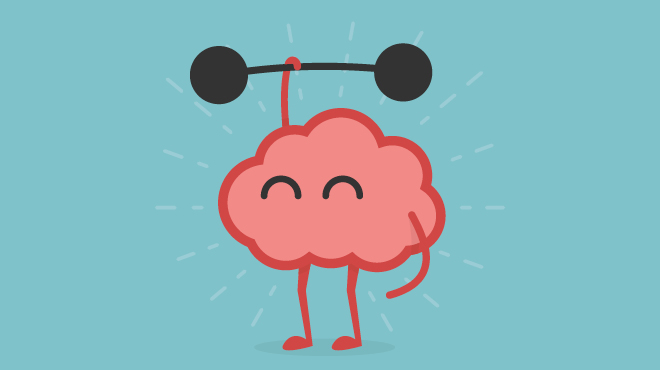By Brenda Curtwright on Feb 4, 2020 5:42:35 PM
Does cognitive rehabilitation work?
As a speech-language pathologist, I specialize in working with individuals with Mild Cognitive Impairment (MCI) and early stage dementia. Patients with MCI and dementia have cognitive-communication problems due to deterioration of cognition (attention, thinking, processing information), which interferes with their ability to communicate.
Many people ask me if cognitive rehabilitation works: my answer is a resounding YES.
Rationale for Treatment
Cognitive rehabilitation is founded on the brain's ability to adapt to external stimuli, even if major parts of the brain are incapacitated. Scientists refer to this as neuroplasticity. There have been a number of studies in the past decade or so demonstrating that the adult brain is more plastic than previously thought, with neurogenesis happening well into old age.
There are different systems in the brain that allow for learning, and they all may not be impacted by the pathology of MCI or dementia. Spared systems can be strengthened in therapy to compensate for weaker areas. Additionally, the cognitive rehabilitation strengthens cognitive reserve -- the brain's ability to improvise and find alternate ways of getting a job done. Studies show those with high cognitive reserve "show" signs of dementia later than average.
Treatment Helps Sustain Cognition
Speech-language pathologists provide individuals with MCI and dementia evidenced-based exercises that educate and stimulate positive structural and chemical changes in the brain. These changes delay, slow, and even prevent dementia. Cognitive interventions vary, but most focus on the following, alone or in combination.
- Memory strategies
- Processing speed
- Attention
- Lifestyle changes
Research supports that individuals who participate in cognitively stimulating activities is helpful for all (with the exception of severe dementia).
Holistic Approaches in Treatment
Recently, practitioners of cognitive rehabilitation have pivoted to more holistic treatment approaches. Programs that comprehensively address the adjustment of patient and family are becoming more and more common. This is useful because it maximizes the quality of life of the patient, and provides caregivers with tools that they can use to communicate with their loved ones. Studies have shown that people who have families and professional support have a higher quality of life (Gaugler, Roth, Haley, & Mittelman, 2008; Mittelman, Roth, Coon, & Haley, 2004).
More research is needed to determine support for one intervention over another, and what other factors can impact someone’s positive outcomes (e.g. social supports, attitude toward therapy, emotional status). Focusing on efforts to understand the patient’s needs, address holistic needs, and address the patient’s goals to achieve their goals is a good approach that will demonstrate the best outcomes.



comments